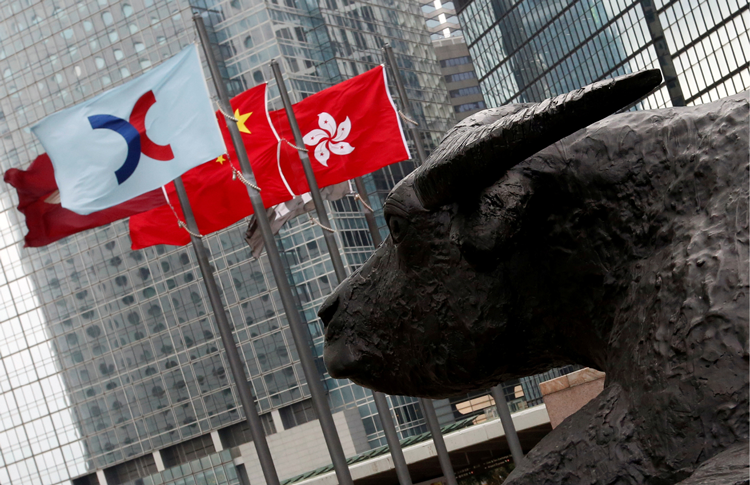
Since the start of this year, discussions of Special Purpose Acquisition Companies (SPACs) have been everywhere in Asia as technology, healthcare and fintech startups sought out an alternative listing route. While lawyers have noted concerns around the quality of information disclosure and potential for conflicts and corporate governance, it has done nothing to stem the hype. So far in 2021, there has been close to $137 billion worth of SPACs issued globally, according to Refinitiv, with this number reportedly fallen following a regulatory crackdown.
Since the initial buzz, Singapore has since made strides. The city-state recently became the first Asian market to allow SPACs to list, refining regulatory requirements initially viewed by the market as too strict, Reuters reports.
While Singapore is keen to get out in front in the SPAC race, Hong Kong was recently criticised for failing to keep pace. Investment banks and corporate advisors are concerned that the Hong Kong stock exchange’s proposed SPAC framework will “not make the city competitive” according to Reuters. It added that under Hong Kong’s proposals, only professional investors would be able to invest in a SPAC until it has merged with a target company, and the firms sponsoring a SPAC must include at least one institution licenced by the local securities regulator.
The company that is acquired by a SPAC must also meet the same requirements as would a company listing in Hong Kong via an IPO, including being approved by the bourse’s listing committee, Reuters said.
Vivian Yiu, a Hong Kong-based partner at Morrison & Foerster notes that some market participants had aired concerns that the proposed guidelines were unlikely to give it the competitive advantage experienced by other hubs.
“The proposed framework is less competitive than that of other jurisdictions. The Stock Exchange is understandably putting in place safeguards to prevent abuse and market manipulation, there is perhaps room for relaxation in some areas as retail investors are excluded from investing until the de-SPAC completes,” Yiu says.
When asked to consider the impact the proposed regulations are likely to have on SPACs in Hong Kong, Yiu says it will “provide an alternative product to the market, but it is unlikely to become the mainstream product.”
Reuters noted that the Stock Exchange of Hong Kong had been working on proposals for SPACs since early this year, but one challenge, according to market participants, has been finding a way of allowing such listings without undermining efforts by the exchange and regulator to combat illegal practices linked to the formation and trading of shell companies with which Hong Kong grappled in the last decade.
In terms of legal work as a result of these developments in the Hong Kong market, Yiu expects some Hong Kong SPAC work around the launch of the new regime.
“We think there are some good de-SPAC targets which are China-based companies. From a regulatory perspective, there are some regulatory advantages to a Hong Kong listing. So, China-based targets which are ready for a de-SPAC, a Hong Kong-listed SPAC may be more attractive than a US-listed SPAC,” she says.
In the meantime, whether the rules will be refined or restrictions loosened, remains to be seen. In a statement provided to Reuters, Hong Kong’s Securities and Futures Commission said that it would “take into account market feedback when finalising the new rules.”
According to HKEX’s count 25 U.S.-listed SPACs are headquartered in greater China, and approximately 12 companies in Asia have been acquired by a SPAC in recent years, said Reuters, which added that Hong Kong is a major global IPO venue with companies having raised more than $35 billion there this year.


